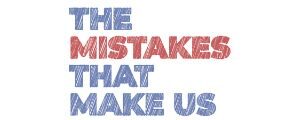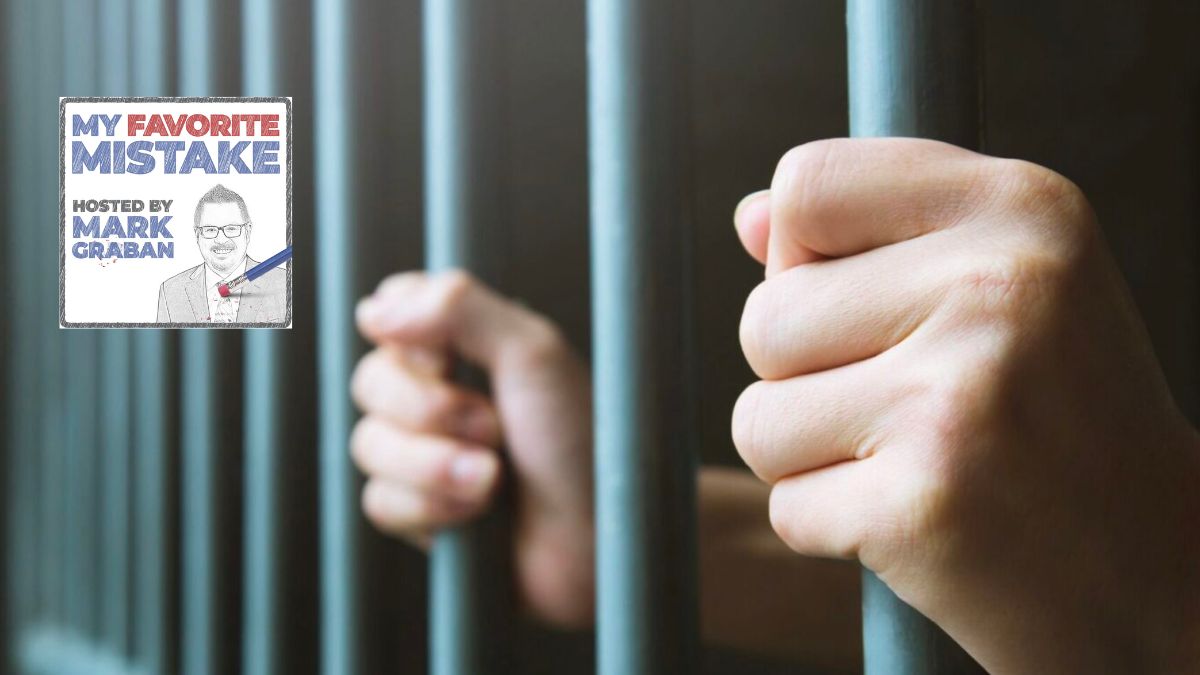In this blog post, we delve into the profound lessons that can be learned from the mistakes of others, particularly in the realm of business ethics and legal boundaries. Through the stories of Brent Cassity of National Prearranged Services and Kevin Foster, former VP of Finance turned CEO of Business Ethics Advisors, we explore how seemingly minor misjudgments and overlooked warnings can escalate into major legal consequences and criminal charges.
Their experiences, marked by personal and professional turmoil, highlight the critical importance of vigilance, ethical decision-making, and the courage to act on red flags in the business world. These narratives serve not just as cautionary tales, but also as powerful reminders of the impact of our choices and the potential for redemption and positive change following significant setbacks.
Join us as we uncover the valuable insights and lessons embedded in their journeys, offering crucial guidance for navigating the complex and often murky waters of business ethics and leadership.
This material was cut from earlier drafts and did not appear in the book The Mistakes That Make Us: Cultivating a Culture of Learning and Innovation.
Learning from Others’ Mistakes: The Cautionary Tale of National Prearranged Services
While learning from our own mistakes is necessary and helpful, there are times when we can learn from the mistakes others have made — especially with the goal of making sure mistakes (or ignorance or bad assumptions) don’t become criminal.
When your family’s business gets featured on the CNBC program “American Greed,” it’s safe to say mistakes were made. That was the case for National Prearranged Services, the company founded by Brent Cassity’s father, Douglas Cassity, who had accepted a 1981 plea bargain for conspiracy and tax fraud charges, serving six months in jail. With his criminal record, Douglas was not legally allowed to be the CEO of a company that provided insurance in the form of pre-paid funerals and burials — but he, in effect, ran that business without having the title.
Thinking that his father had rehabilitated and redeemed himself, Brent still took a leadership position in the business, as did his brother and mother, even after being told that his father “played a little bit in the grey” from an ethics and legal perspective. Brent made the mistake of focusing his attention on other parts of the business, having little interest in the math of insurance.
Brent “lazily” allowed his dad to run that business, not wanting to “invade his tuft,” but as the Ponzi scheme unraveled, Brent became the face of the company to regulators and ended up convicted and sent to prison along with his father, other company executives, and employees. He thought the company was doing well and was always paying claims on time — a mistake resulting from information he wasn’t given — and didn’t seek out.
Brent learned that “you always have to have your eyes open” when working with people you trust, “even if it’s your dad.” Even without specific intent to defraud others, business mistakes can become crimes, especially for those in company officer positions.
“Mistakes happen. They don’t define you, but they definitely make you wiser. So use those mistakes, not as failures, use them because the one thing you don’t want to happen is just to do it again. If unfair things happen, don’t let that stop you from still trying to make a difference.”
Brent’s favorite mistake led to a new career that helps others avoid (or survive) situations that can get one convicted of a white-collar crime.
Avoiding the Pitfalls: Kevin Foster’s Journey from Finance VP to Business Ethics Advisor”
Another podcast guest, Kevin Foster, has a similar mission and second career as the CEO of Business Ethics Advisors after his own conviction and prison sentence for criminal conspiracy charges.
In 2007, Kevin was vice president of finance for a real estate developer when the real estate market was crashing and a 2000-acre development in North Carolina failed. The CEO made promises to investors, and some complained to the state attorney general.
The red flag that Kevin ignored was his CEO saying, “I’m not the only one that’s going to go to prison.” Wait, what? Prison? Kevin ignored that “huge warning” because he knew he had played no role in attempts to defraud anybody. Kevin quit but made the mistake of allowing the CEO to talk him into staying. Had he followed through on quitting, Kevin would have never been implicated in any criminal conspiracy charges, let alone convicted and serving 36 months in prison.
Kevin’s lesson is that it’s easy for a corporate officer to get swept up in conspiracy charges, even if you’re not the CEO or a ringleader. As Kevin told me, “Under our American criminal laws with conspiracy, anything that another person does to advance that conspiracy in some way, whether it’s a meeting that you attend, a telephone call, a conversation, or a document that you prepared can get you tied up in that conspiracy. And you are just as guilty as anyone who perpetuated that conspiracy for the total amount of the conspiracy” — in this case, $100 million in fraud.
Even having one of the best criminal attorneys, with legal fees starting at $350,000 (and promised to approach $1 million), Kevin’s plea deal still resulted in a four-year sentence. Kevin now works with companies and executives to avoid ethical problems and fraud and, worst case, how to prepare oneself to serve time in prison. Instead of making mistakes in how we conduct ourselves in prison, let’s all agree it’s better to avoid the mistakes that might put us there!
In conclusion, the stories of Brent Cassity and Kevin Foster offer more than just a glimpse into the consequences of business missteps; they provide valuable lessons on the importance of ethical vigilance and the need for continuous self-awareness in professional environments.
Their experiences remind us that trust, even in familial or familiar settings, should not lead to complacency, and that the cost of ignoring red flags can be far greater than we anticipate. Their journeys towards redemption and their efforts to guide others away from similar pitfalls underscore a powerful message: mistakes, while inevitable, can be transformative learning opportunities, shaping us into more conscientious and responsible individuals and leaders.
As we navigate our own professional paths, let their stories be a beacon, guiding us towards making decisions grounded in integrity and foresight.



